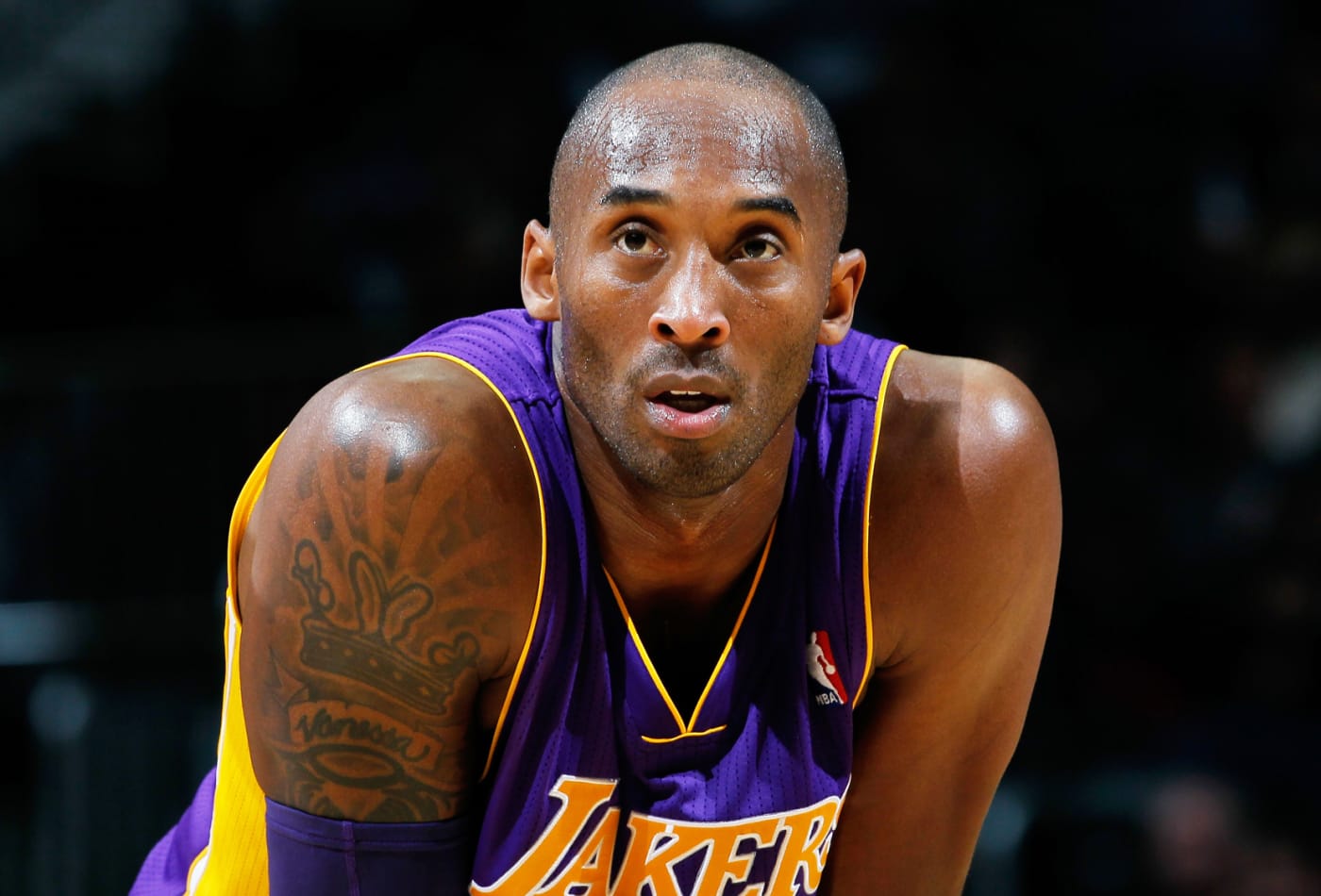A CASE STUDY
I have a goal to help all my students receive a higher score on the ACT (and I mean all). Although many achieve their goals, a few unfortunately fall short. Those cases bother me because they reveal I could be better at teaching. This can be easy to ignore if I only focus on the positive results. But instead of hiding from the negative results, I try to embrace them and see what I can learn from them. A common theme amongst those who don’t improve is a lack of engagement. So I decided to experiment with methods of encouraging student participation. Done right, this could result in higher levels of learning and retention. After brainstorming for several weeks, I was finally ready to try the new method on a student.
“This is going to be a game-changer. I have figured out the secret to learning!” I said (only half-joking) to my wife.
There was only one problem: it didn’t work at all. The method was clunky and complicated. It was hard to explain and understand. It made things worse than they were before. As I climbed into my car after the session, my face was burning bright red with embarrassment. It demoralized me. Cue the histrionics: may as well give up on this whole thing, I don’t have what it takes, I should have kept my day job. I can be prone to hyperbole at times.
I thought I had the perfect solution to my problems and it was a complete failure. Or so I thought.
With a little time, I began to move past my initial dramatic reaction and examine what happened. I ask my students to think about their test results with a problem-solving mindset: What went well? What could have gone better? How will you improve next time? So I took a page from my own book and looked at my experience in this way. By altering my perspective, I recognized several positives. Principles about the test became clearer at a quicker rate than normal. The student was more engaged than normal. The positives were glimpses of what I wanted to do and the negatives were fixable.
What I viewed as a failure became an invaluable experience. Because I tried something new, I didn’t fail. I gained feedback on what worked and what didn’t. This feedback will help me reach my ultimate goal: helping students get a higher ACT score. But why did I first view it as a failure?

